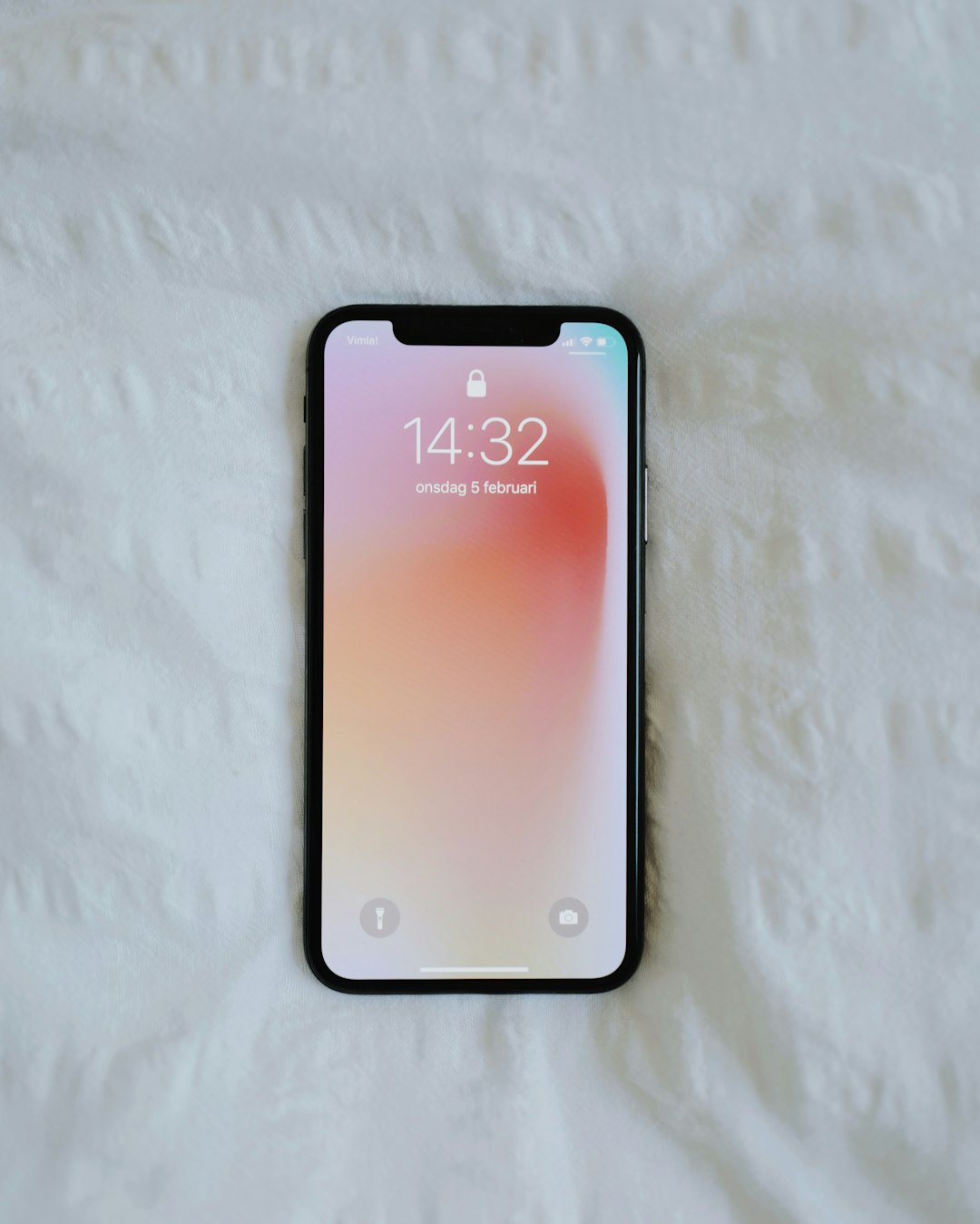In Massachusetts, unwanted calls from telemarketers or robocalls are regulated by state law to protect consumers. Unwanted call attorneys specialize in navigating these regulations, helping residents identify illegal calls (e.g., repeated, automated, deceptive), and ensuring privacy protection. Consumers should document incidents, seek legal advice, report calls to authorities like the FTC and Massachusetts Attorney General's office, and take proactive measures to guard against such infringements. Unwanted call attorneys Massachusetts offer guidance, evidence gathering assistance, and protection for consumer rights.
In today’s digital age, unwanted phone calls can be relentless and invasive. Massachusetts law offers protections for consumers facing persistent or aggressive callers. This comprehensive guide aims to demystify what makes a call illegal under state law, empowering residents with knowledge of their rights. From identifying illegal call types to understanding your options when faced with violators, this resource is your go-to for navigating the complexities of unwanted call attorneys in Massachusetts.
Understanding Unwanted Calls and Massachusetts Law

In today’s digital era, unwanted calls have become a persistent and frustrating issue for many Massachusetts residents. These calls, often from telemarketers or robocalls, are generally characterized as those made without prior consent or in violation of an individual’s do-not-call rights. Massachusetts law, much like federal regulations, strictly regulates such practices to protect consumers from intrusive and deceptive calls.
Understanding what constitutes an illegal call is the first step towards asserting your rights. Unwanted call attorneys in Massachusetts play a crucial role in navigating this complex landscape. They can help residents identify if a call was made in error or with malicious intent, ensuring that individuals are not subjected to harassment or fraud. By knowing their rights and seeking legal advice when necessary, consumers can take proactive measures against unwanted calls and maintain control over their privacy.
Types of Calls Considered Illegal in MA

In Massachusetts, certain types of phone calls are deemed illegal under state law, particularly if they involve telemarketing or sales calls that consumers haven’t consented to. Unwanted call attorneys in Massachusetts play a crucial role in navigating these regulations and protecting consumer rights.
Illegal calls can include those made without prior permission, often identified as “solicitation” or “marketing” calls. This category also includes repeated or persistent calls, automated or prerecorded messages, and calls made using artificial or distorted voices. Additionally, any call that uses deceptive tactics, misrepresents the caller’s identity, or provides false information about products or services is considered illegal under Massachusetts law. Consumers can take action by reporting such calls to the appropriate authorities and seeking legal counsel from unwanted call attorneys in Massachusetts for guidance on their rights and available remedies.
Your Rights as a Consumer in Massachusetts

In Massachusetts, consumers have specific rights protected by state law when it comes to unwanted calls. If you’ve received harassing or abusive phone calls, or been the target of telemarketing tactics that feel invasive, you’re not alone. According to Massachusetts law, businesses must obtain your explicit consent before making sales or marketing calls. This means you have the right to refuse any call that’s deemed intrusive or unwanted.
If a business continues to contact you after you’ve requested they stop, or uses aggressive or false tactics to sell their products or services, it could be considered illegal under the state’s Consumer Protection Act. Unwanted call attorneys in Massachusetts are equipped to help consumers navigate these issues and ensure their rights are respected. They can guide you through taking formal action against violators and potentially seeking compensation for any harm suffered due to these illegal practices.
Taking Action: What to Do If You've Received an Illegal Call

If you’ve received an illegal call in Massachusetts, knowing your rights and taking swift action is crucial. The first step is to document the incident by noting down the caller’s details, including their phone number, any identifying information, and a summary of what was said during the call. Save any relevant messages or voicemails as evidence.
Contacting an experienced unwanted call attorneys Massachusetts can be beneficial. They can guide you on how to proceed, help gather evidence, and ensure your rights are protected. Don’t hesitate to report the illegal call to the Federal Trade Commission (FTC) using their Do Not Call Registry or to the Massachusetts Attorney General’s office if the caller was impersonating a business or government agency.






